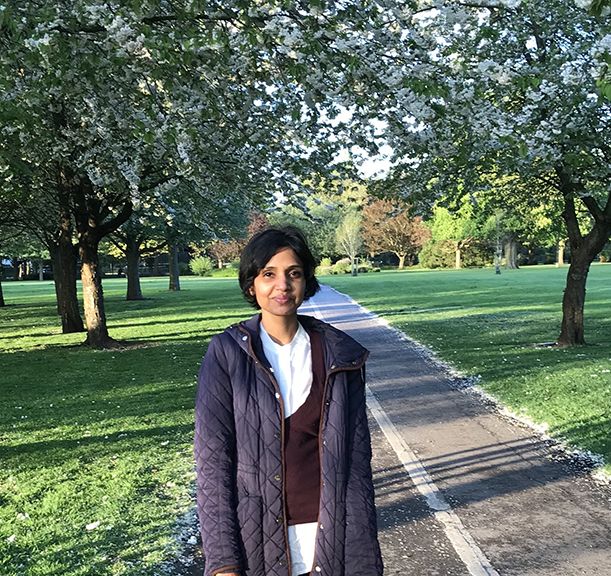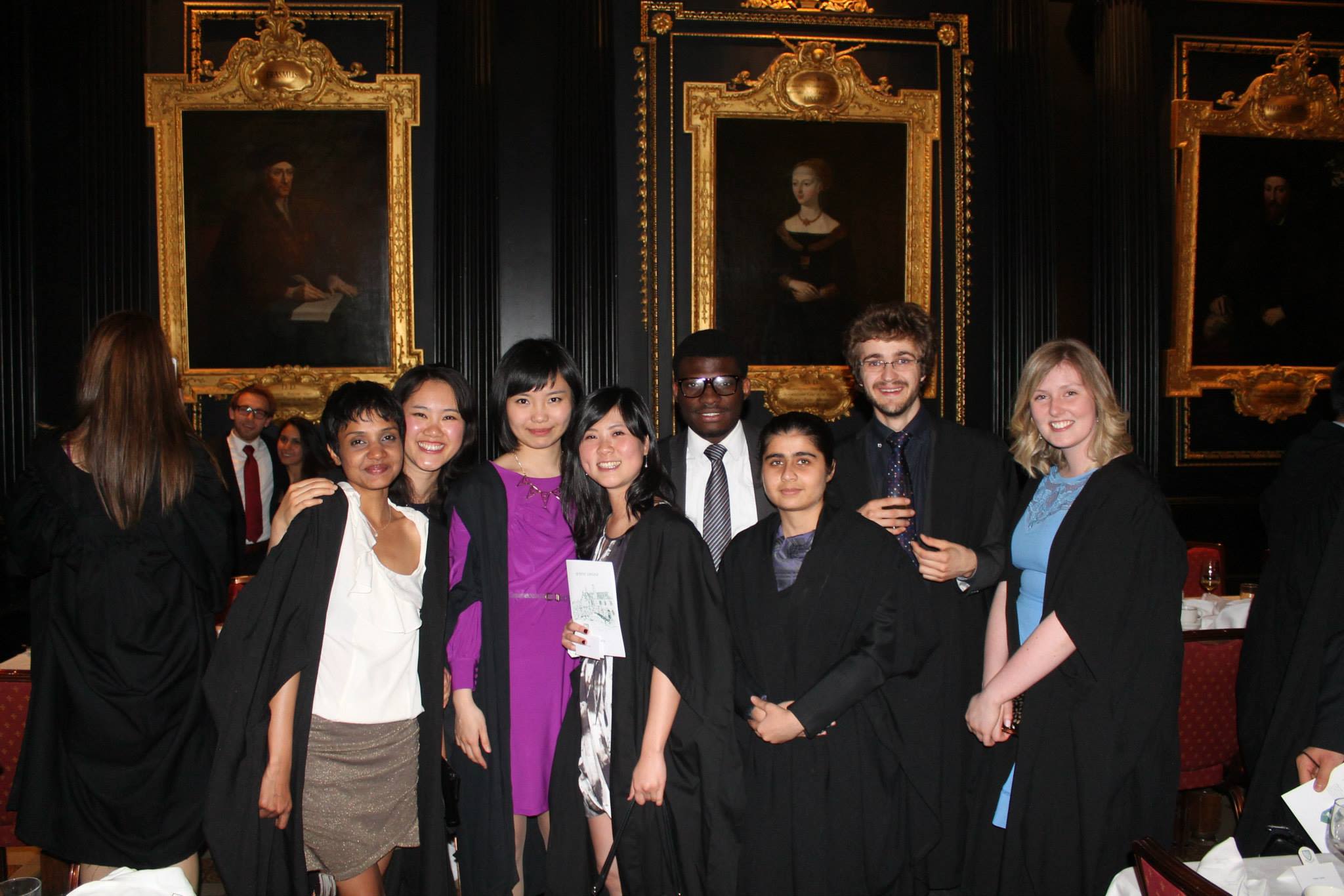Student voices
From Shruti Dhaundiyal in a Himalayan valley: food rationing, landslides and no electricity
Background
- MPhil Environmental Policy (2013-14); Cambridge Commonwealth, European & International Trust
Scholarship 2013-2014. Award given for outstanding academic merit to a student who otherwise would not be able to take up a place at Cambridge. - PhD Land Economy (2017-)
Shruti returned home to India as the scale of the COVID-19 crisis became apparent and is now living with her parents, trying to complete her PhD whilst dealing with food rationing and intermittent electricity and internet.
After a 28-day quarantine period in a private house near my city, I reached home in April. Since my hometown is a tiny valley in the Indian Himalayan state of Uttarakhand, it has been difficult adjusting to the change in place and resource access – internet and electricity are two very big issues on a daily basis, but I am sure there are many who have it worse still in the developing world. We had food rationing all through April to June due to supply chain disruptions, but the basic good supply of rice and lentils was ensured by the government.
During this Covid period, I have, to an extent, witnessed a strange practical relevance of my research: how much disconnected rural mountainous communities are dependent on their remote village networks for survival and that in turn is what makes them independent and protects them from physical and calamitous shocks such as a pandemic.
When I returned to India in March, I was set to submit my thesis by summer, but reality has a way of changing the best laid plans. The lack of net connectivity for weeks and lack of access to reference and reading materials, has made me extend my submission for a semester which has been disappointing.
Cambridge seems very far away when you do not have a working phone or internet connectivity or electricity to charge your laptop for weeks at a time. I shifted to writing my thesis by hand and doing referencing without bibliographical software for most of the chapters.
Life works at a different pace here in the remote Himalayas where our days reflect the sun’s movement and working overnight is almost impossible due to the electricity cuts – some days it is very difficult to remember and go back to the pace of work at Cambridge.
But life keeps moving and I am taking one day at a time. I am waiting for a better time when travelling to the nearest city for work and study does not mean that I am bringing a virus home to my vulnerable family.
Meanwhile I am sending the University and Queens’ lots of blessings and strength. Being at Queens’ and at Cambridge has also been about knowing another way of life and some days it gives me strength and hope to keep going.
I hope to return soon to receive my degree.



